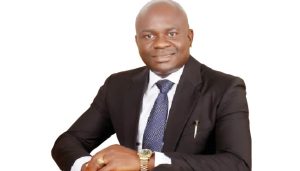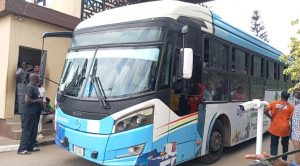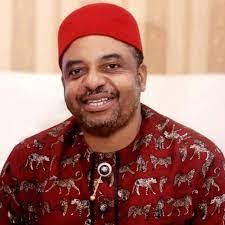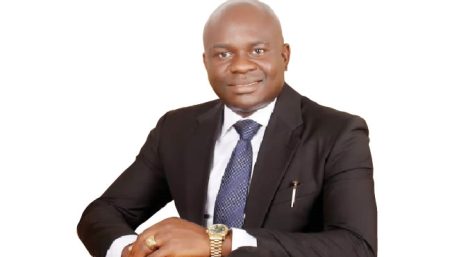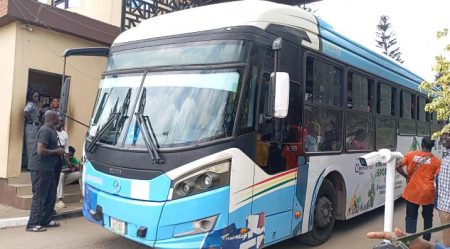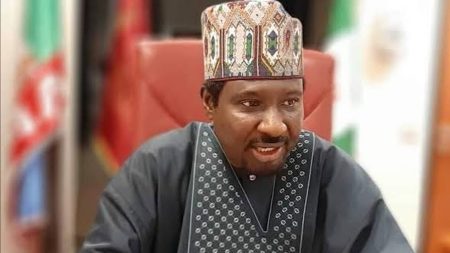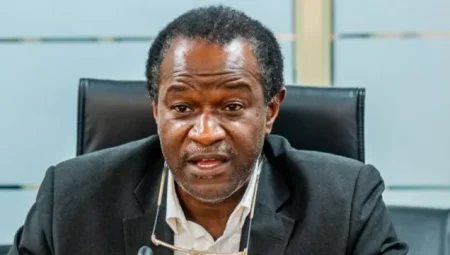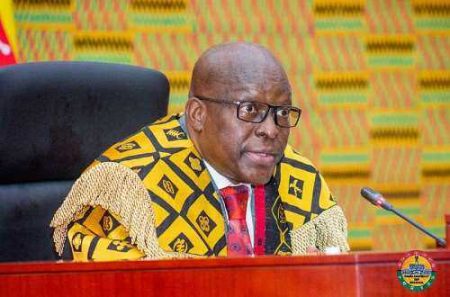Chinedu Martins, a member of the Nigerian House of Representatives representing Ahiazu/Mbaise/Ezinihitte Federal Constituency in Imo State, has introduced five bills aimed at addressing critical national issues and fostering sustainable development. These bills, which have passed their first reading and await a second reading, focus on diverse sectors, including the creative industry, technical education, emergency response, project monitoring, and housing finance. Martins argues that these legislative interventions represent a “fresh vision” for a more effective and equitable Nigeria.
The first bill, the National Institute for Film Production and Entertainment Industry Village (Establishment) Bill, 2025, seeks to establish a specialized institute to bolster Nigeria’s thriving film and entertainment sector. Recognizing the significant contribution of the South-East region, particularly Imo State, to the Nigerian film industry, the institute aims to cultivate indigenous talent, enhance technical expertise, and position Nigeria as a global leader in content creation. It is envisioned as a hub for emerging artists, providing them with the necessary resources and training to excel in a competitive global market. The institute will formalize and support the existing vibrant cultural landscape, transforming it into a sustainable and internationally recognized industry.
Addressing the challenge of youth unemployment and the skills gap, Martins’ second bill, the Federal Institute of Technical Education and Skills Acquisition Mbaise (Establishment) Bill 2025, proposes the creation of a federal technical institution in Mbaise. This initiative aims to provide young Nigerians with practical vocational training and entrepreneurial skills relevant to the current economic landscape. The bill is particularly significant given the dilapidated state of Ahiara Technical College, the only technical institution in Mbaise, and the absence of Imo State from the Federal Government’s recent revitalization efforts for technical colleges nationwide. This new federal institution seeks to fill this void and provide much-needed technical education opportunities in the region.
The National Emergency Call Centre and Short Code (Establishment) Bill 2025, Martins’ third bill, focuses on establishing a unified national emergency communication system. The bill proposes a single, easily memorable short code for citizens to access emergency services during crises like robberies, medical emergencies, fire outbreaks, and natural disasters. This standardized system, similar to the 911 system in the United States, will streamline emergency response, ensuring faster and more efficient assistance nationwide. It aims to create a crucial life-saving infrastructure, enhancing public safety and responsiveness to emergencies.
Promoting transparency and accountability in public projects is the focus of the fourth bill, the National Independent Project Monitoring and Evaluation Agency (Establishment) Bill 2025. This bill seeks to establish an independent agency responsible for objectively monitoring and evaluating government projects, addressing the pervasive problem of abandoned or substandard projects. By separating the monitoring and evaluation function from the implementing agencies, the bill aims to eliminate conflicts of interest and ensure the effective and efficient utilization of public funds. This independent oversight is designed to safeguard taxpayer money and guarantee that projects are completed to the required standards.
Finally, the Real Estate Development Bank Bill 2025 tackles Nigeria’s housing crisis. The bill proposes the establishment of a specialized financial institution dedicated to financing and promoting housing and real estate projects. Unlike existing institutions that primarily partner with state governments and focus on low-cost housing, this bank will directly engage private sector investors, offering single-digit interest financing to stimulate the housing sector and encourage large-scale investment. This approach aims to address the housing deficit, promote widespread homeownership, and drive growth in the construction and real estate industries.
These five bills, encompassing crucial areas of national development, represent a comprehensive legislative agenda to address critical challenges facing Nigeria. They reflect a commitment to fostering economic growth, enhancing public safety, promoting transparency, and improving the quality of life for Nigerians. These bills are expected to undergo further debate and public hearings to incorporate public input before proceeding to the next legislative stages. The success of these bills could significantly contribute to Nigeria’s progress and development.
The National Institute for Film Production and Entertainment Industry Village Bill is particularly important for Nigeria’s growing creative economy. By providing specialized training and resources, it aims to transform the film and entertainment sector into a world-class industry, generating jobs and showcasing Nigerian talent on a global stage. The focus on the South-East region is a recognition of its significant contribution to the industry and the potential for further growth and development. This institute could serve as a catalyst for transforming the informal creative sector into a formalized, structured, and internationally competitive industry.
The Federal Institute of Technical Education and Skills Acquisition Mbaise Bill addresses the pressing issue of youth unemployment by equipping young Nigerians with practical skills and entrepreneurial knowledge. This investment in human capital is crucial for driving economic diversification and providing opportunities for young people to contribute meaningfully to society. By addressing the skills gap, this institution could significantly contribute to reducing unemployment and fostering economic growth in the region.
The National Emergency Call Centre and Short Code Bill represents a vital step towards improving public safety and emergency response in Nigeria. By establishing a unified and easily accessible emergency communication system, the bill aims to save lives and enhance the effectiveness of emergency services. This standardized system is crucial for coordinating responses to various crises and ensuring that citizens can quickly access the help they need in times of emergency.
The National Independent Project Monitoring and Evaluation Agency Bill is a necessary measure to enhance transparency and accountability in the management of public funds. By creating an independent body to oversee government projects, the bill seeks to minimize corruption, waste, and inefficiency. This independent oversight is critical for ensuring that public resources are utilized effectively and projects are completed to the required standards, ultimately benefiting the citizens of Nigeria.
The Real Estate Development Bank Bill offers a promising solution to Nigeria’s housing crisis by providing much-needed financing for housing projects. By engaging the private sector and offering affordable financing options, the bill aims to stimulate housing development, increase homeownership, and boost economic growth. This targeted investment in the housing sector could have a significant positive impact on the lives of many Nigerians, providing affordable and decent housing options.
These five bills, taken together, represent a comprehensive effort to address critical issues affecting Nigeria’s development. They offer a roadmap for progress in key sectors, including the creative economy, technical education, emergency response, public project management, and housing finance. These bills hold the potential to transform Nigeria’s landscape, improving the lives of citizens and setting the stage for sustainable development. Their success will depend on effective implementation and continued engagement with stakeholders to ensure their impact aligns with the intended objectives.


